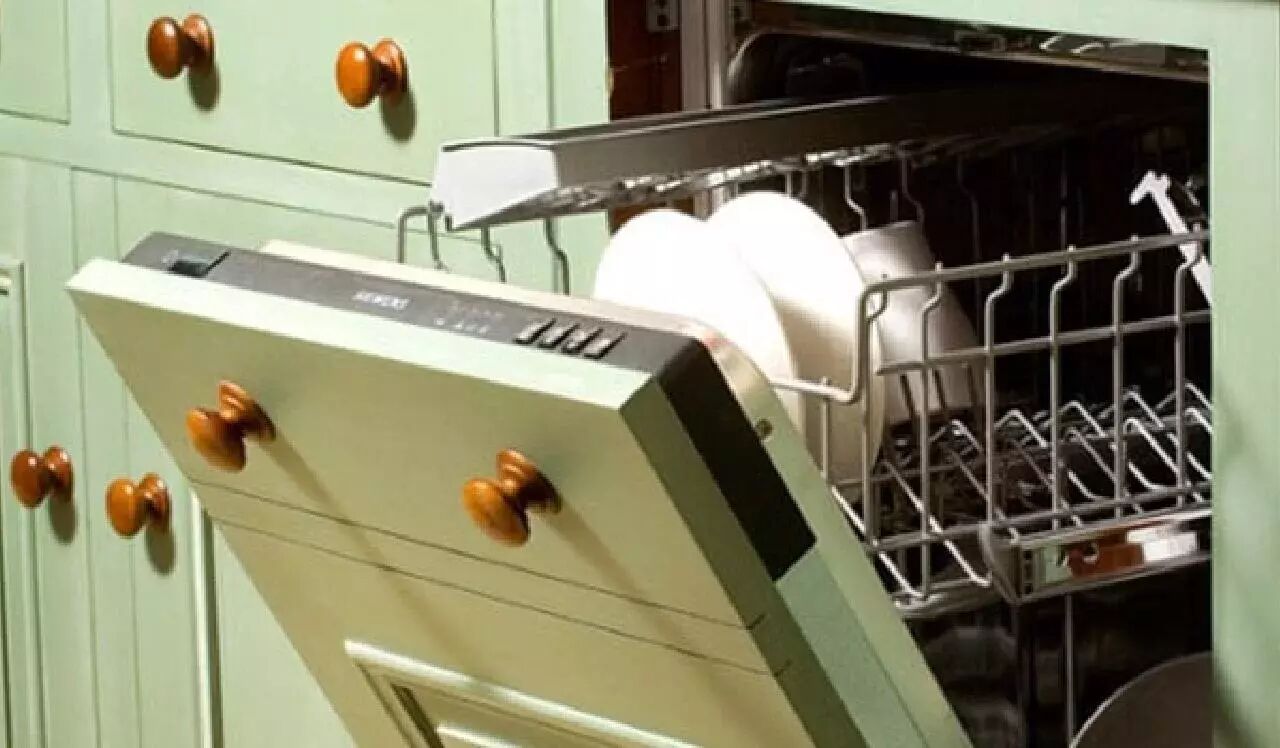What are chattels and fixtures?
In layman’s terms, a fixture is any immovable object that is considered to form part of the property by being attached to it. Some common examples of fixtures include cooking stoves, dishwashers, kitchen sinks, attached carpeting, and even plants or trees fixed in the soil.
A chattel is any item on the property that is moveable, and therefore these are not considered to be part of the property. This includes items such as wall hangings or picture frames that are fixed to the wall by means of a nail, but can be removed from the wall; or items that are moveable but very heavy and hard to remove from the property, like a grand piano or a marble sculpture. These kinds of chattels often create the most dispute and should be clearly included in the contract.
Property lawyers in Melbourne usually classify objects as chattels or fixtures depending on the following factors:
- The degree of annexation: The greater degree to which an object is attached to the property, the greater its chances of being considered a fixture.
- The purpose or intention of annexation: If a dispute arises, the party that refutes the classification of an object as a chattel or fixture has the burden of proving the original intention of its annexation. While these may be relevant in court, they may not be conclusive, so it is imperative that these be clearly outlined in the contract before any deal is made.
How do buyers and sellers deal with disputes over chattels and fixtures?
Buyers should ensure that the agreement includes a prior examination of the property to examine all fixtures that come pre-existing within it. Ideally, they should take photographs of appliances and their serial numbers, other immovable items and their position within the property, so they can verify their status as fixtures in case a dispute arises.
The common understanding in property law is that any chattel that is attached to the property is by definition considered a fixture. So if any fixtures are found to be missing or replaced from when the inspection was first conducted, the buyer can bring this up with their property lawyers in Melbourne. A buyer is also entitled to remove or alter any fixtures that come with the property at their own expense, provided they do not intend to do so as a permanent improvement.
Clear communication with the sellers and/or real estate agent is the key to erasing any misunderstandings over chattels and fixtures. This includes details such as the working conditions of all fixtures, and the clear purpose of annexation of items where there may be ambiguity.
For example, a painting or wall hanging that came with the property prior to inspection would be considered a chattel under common property law, since it can be taken off the wall. However, if the original intention of the seller was to use them to increase the aesthetic value of the room, then the court may define it as a fixture. It is important to outline these distinctions clearly before striking the deal to lessen the likelihood of going to court. The contract should specifically mention the terms that both parties have agreed upon for those chattels and fixtures that fall into grey areas.
Ensure peace of mind with the best property lawyers in Melbourne
To help you draft clear contracts outlining all chattels and fixtures and reduce the possibility of dispute, your friendly and experienced property lawyers in Melbourne are here to help. Contact P&B Law today to find out more about our trusted services in property law.
